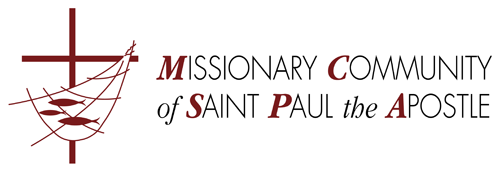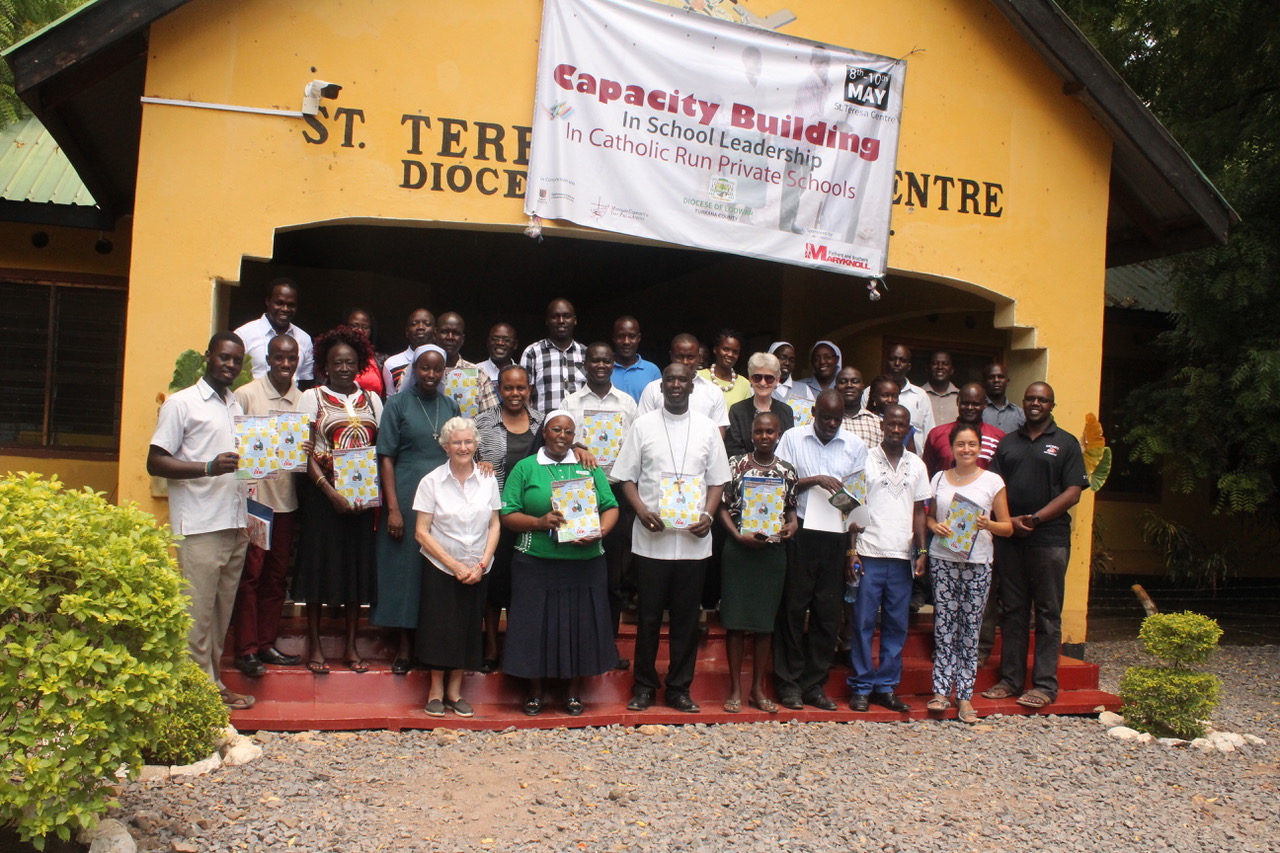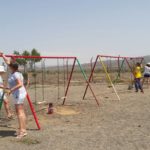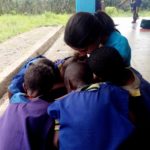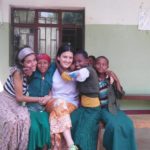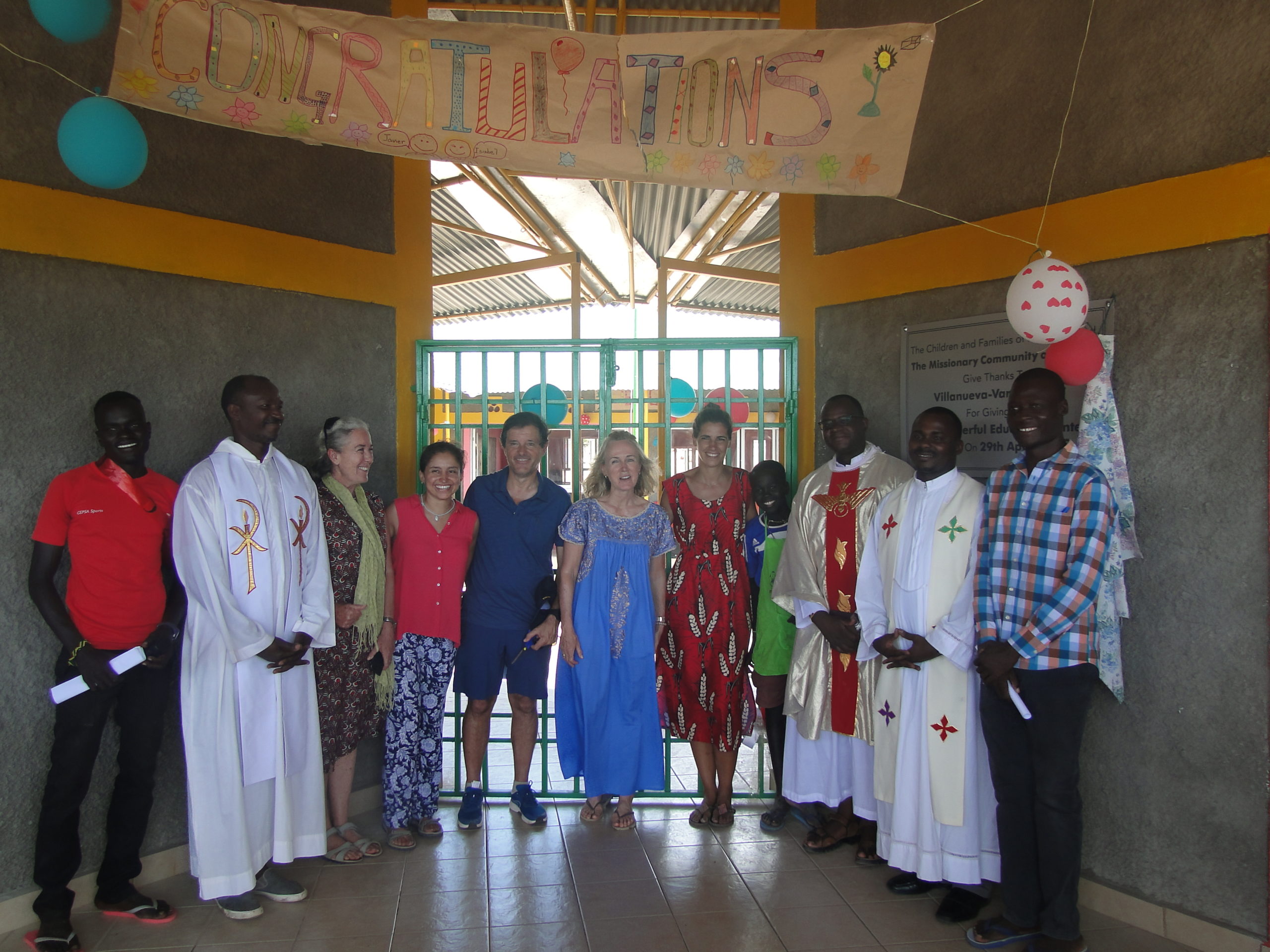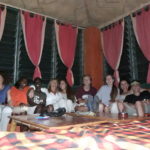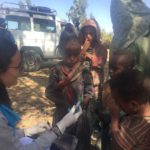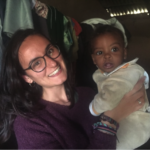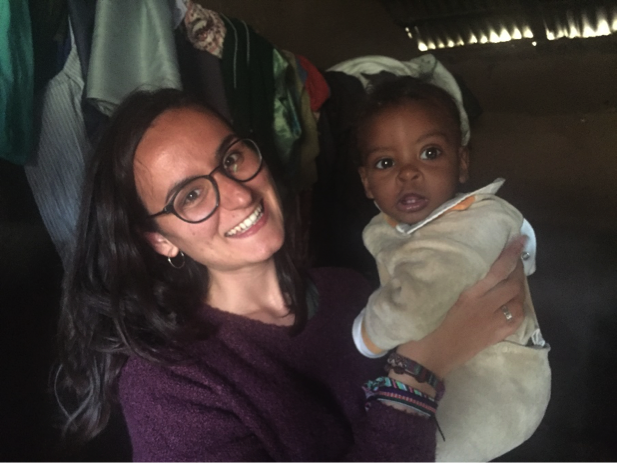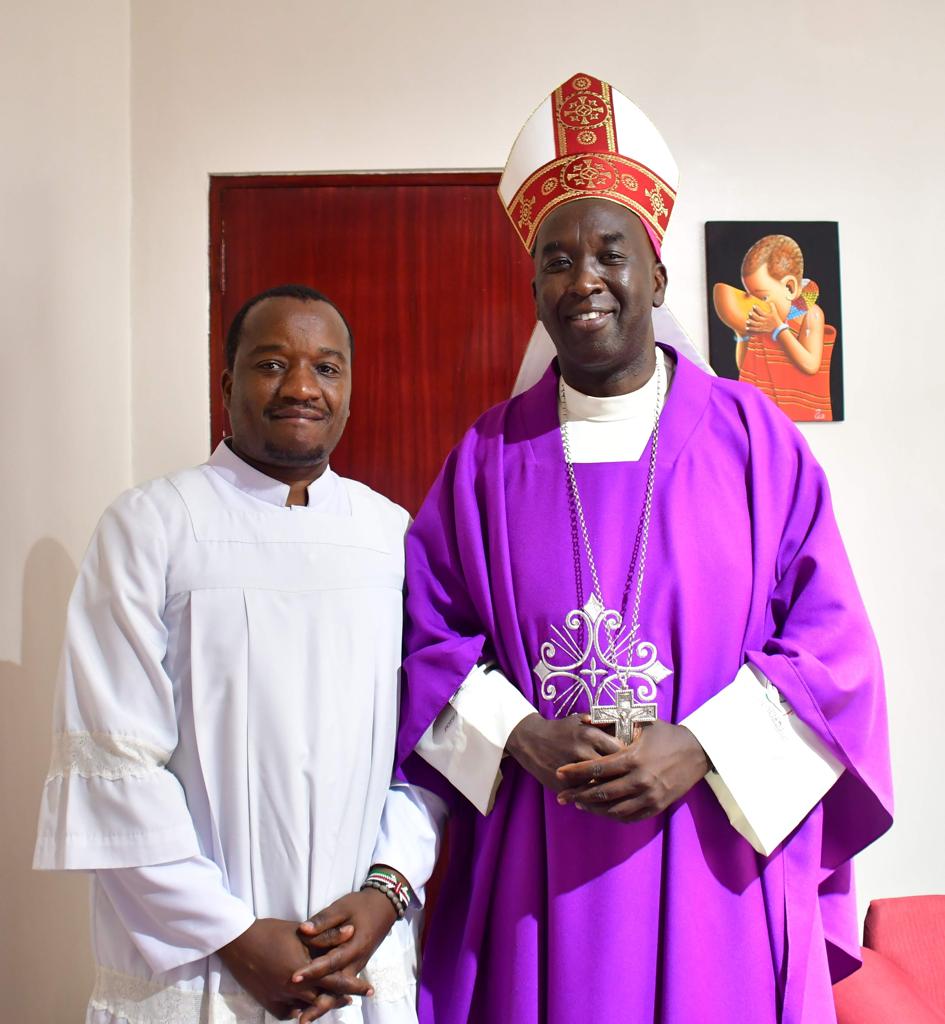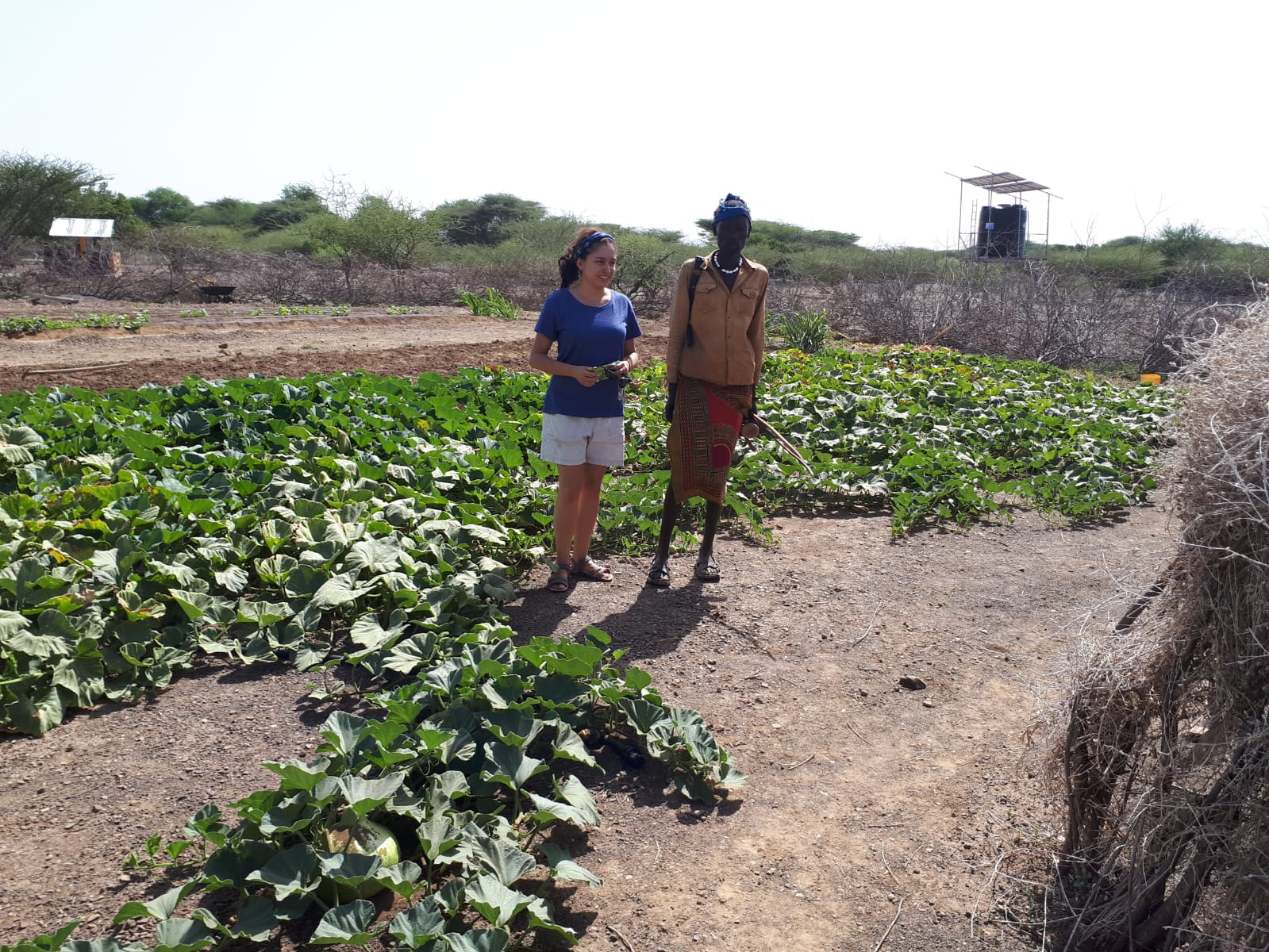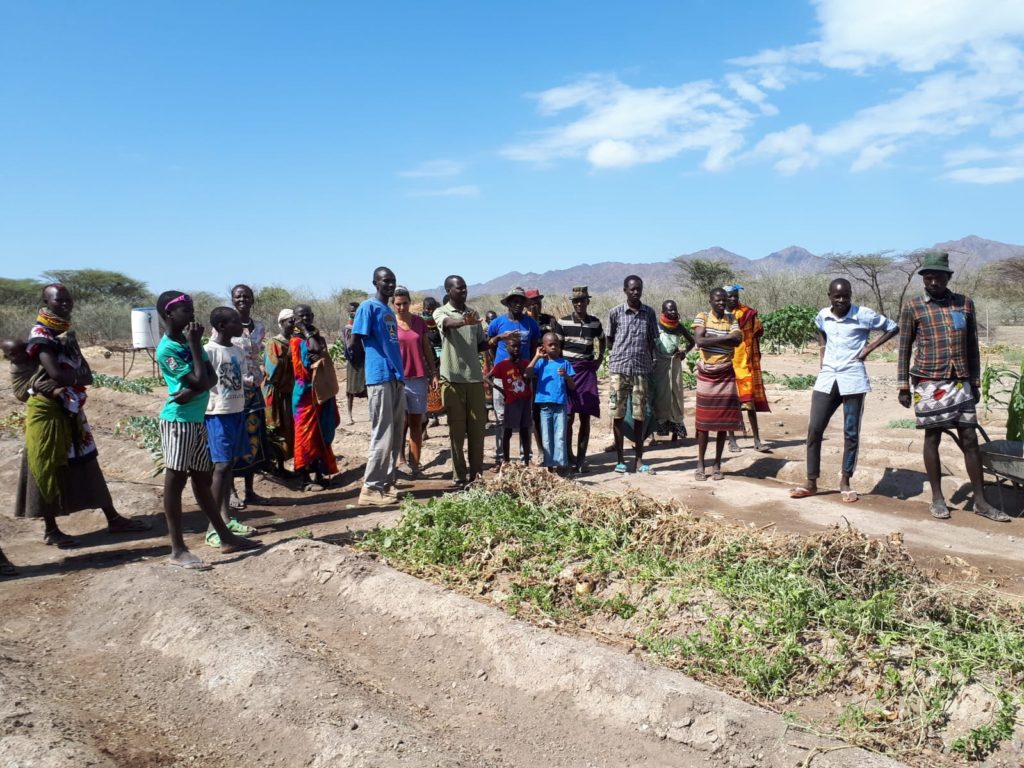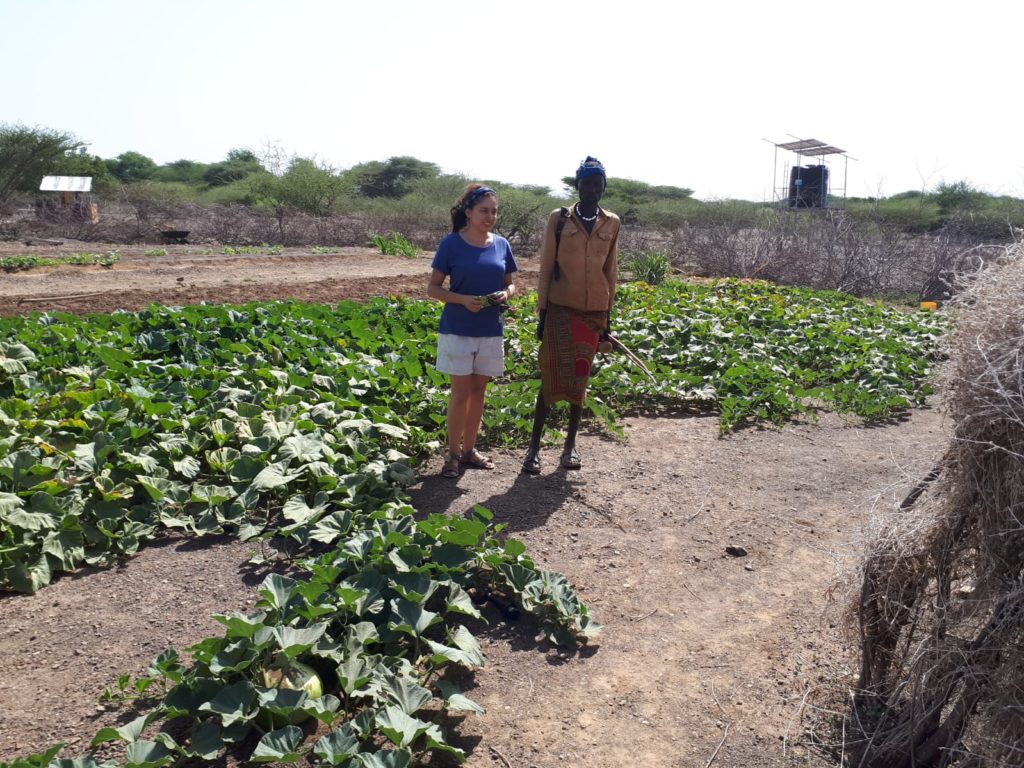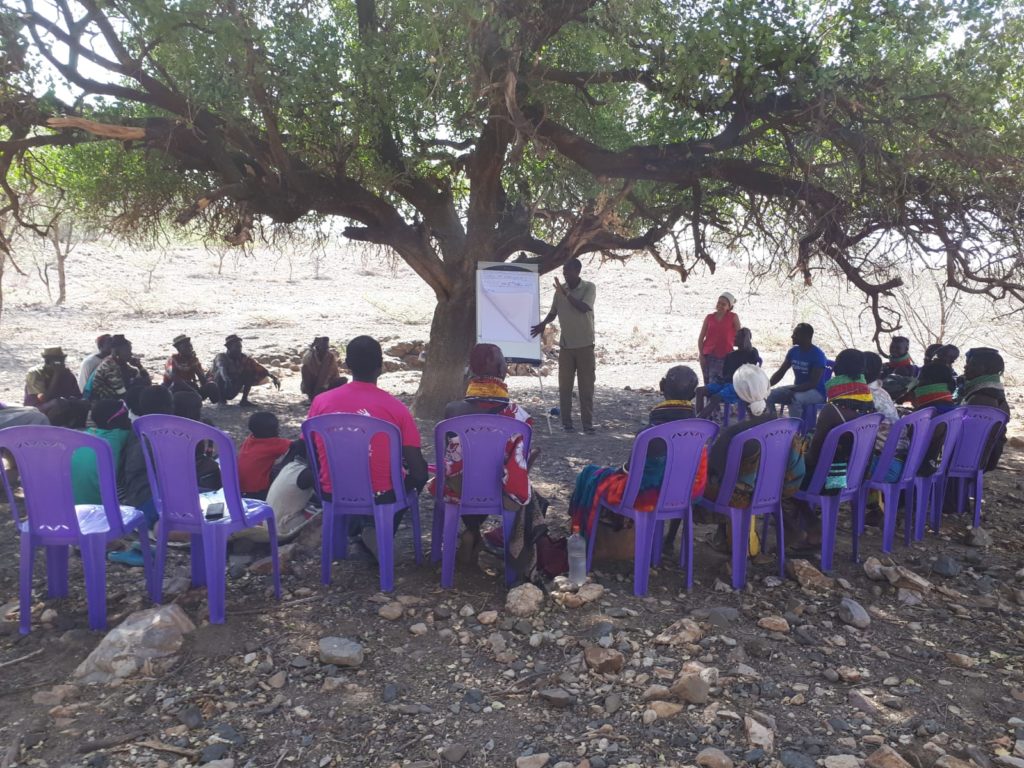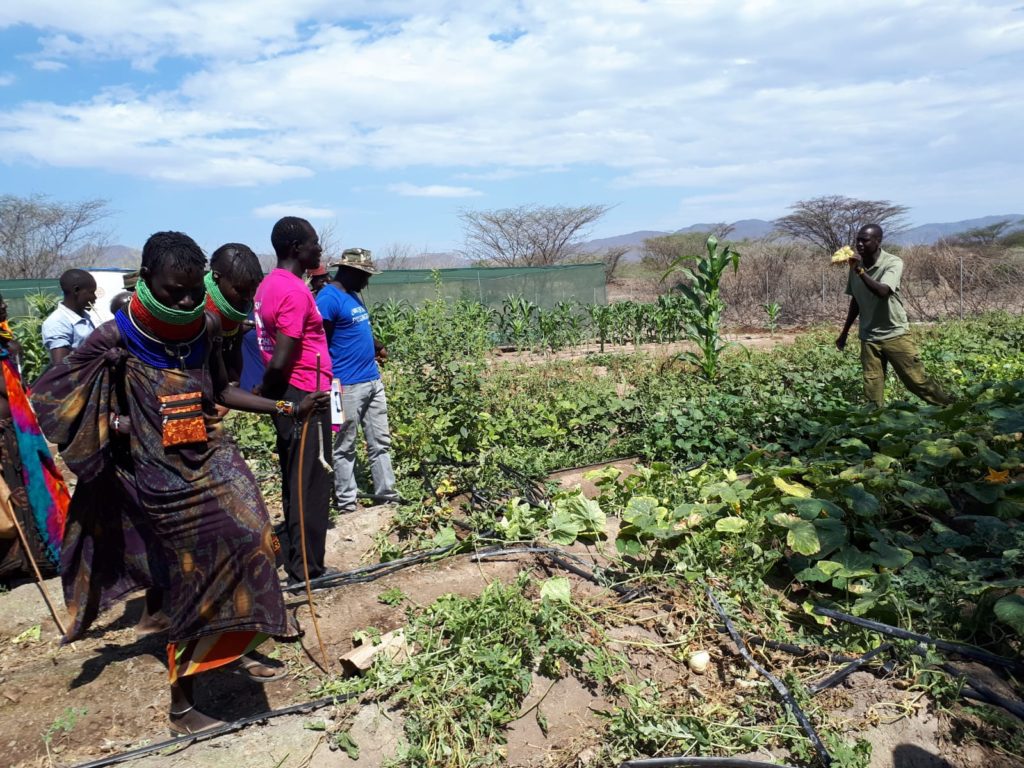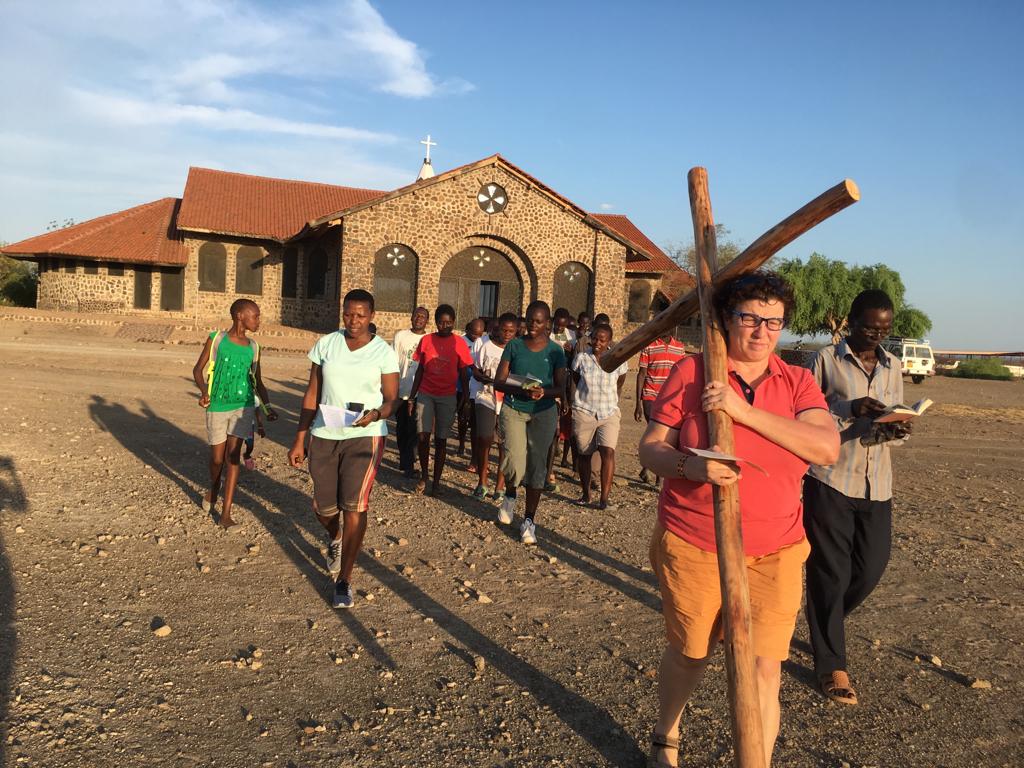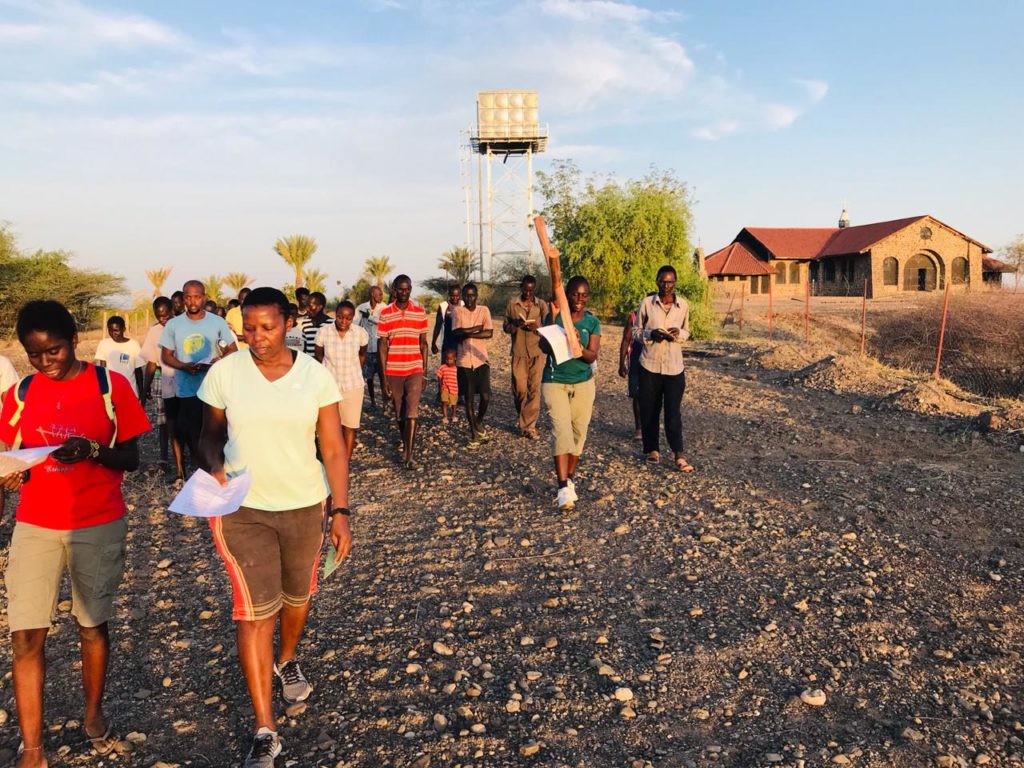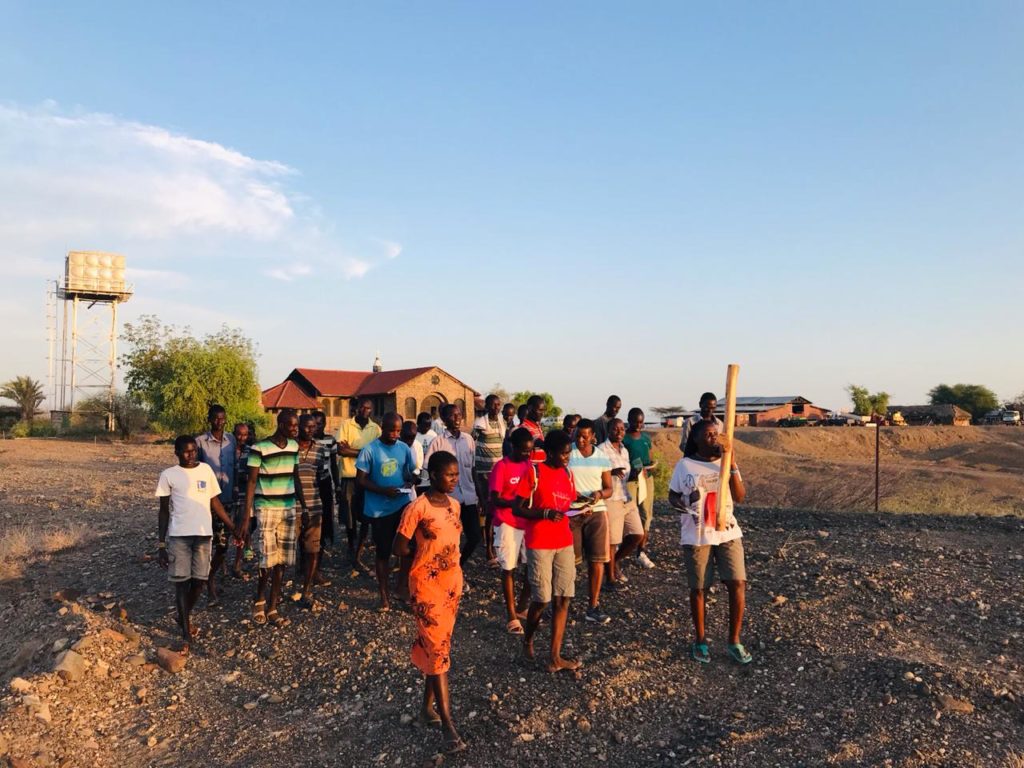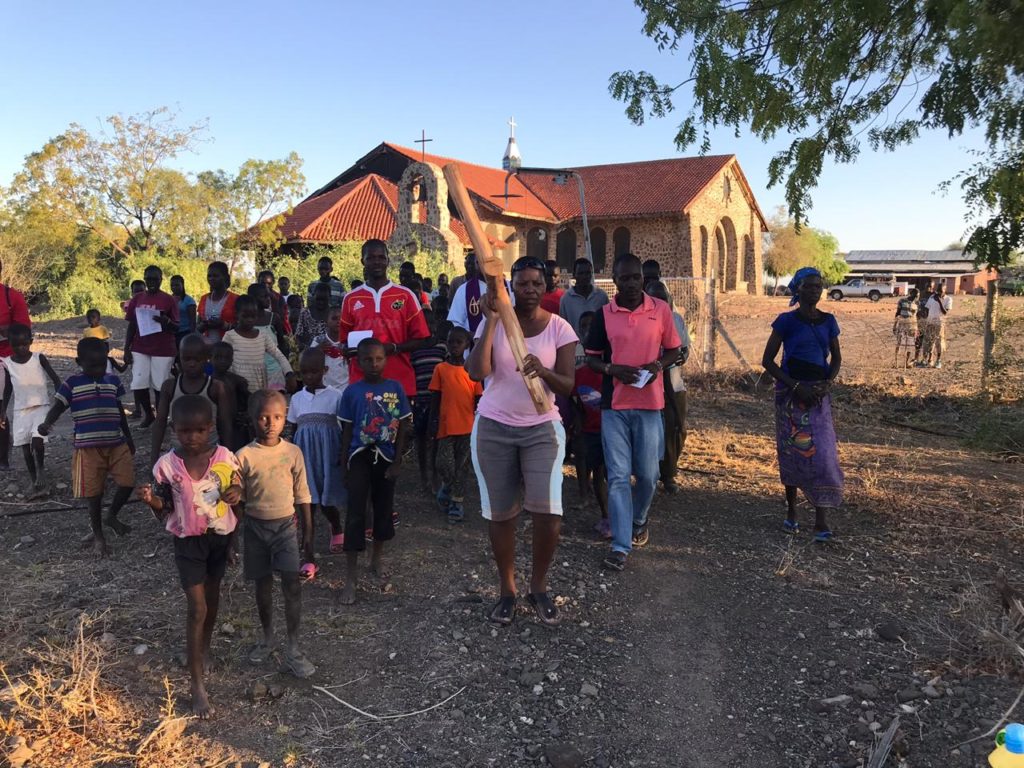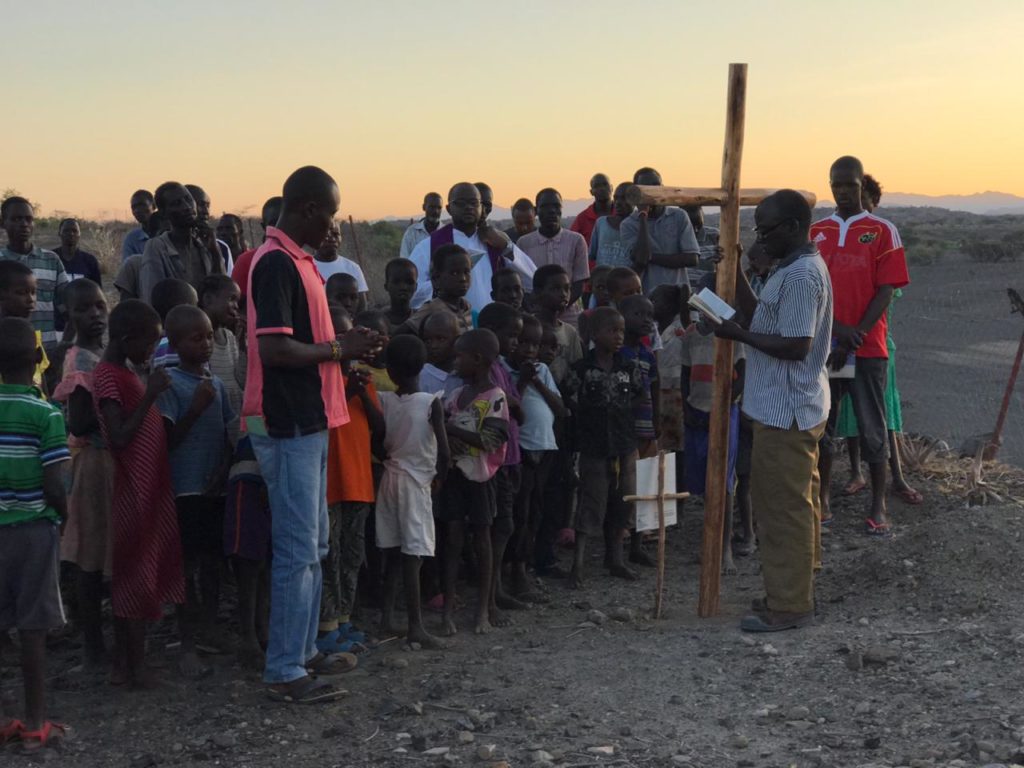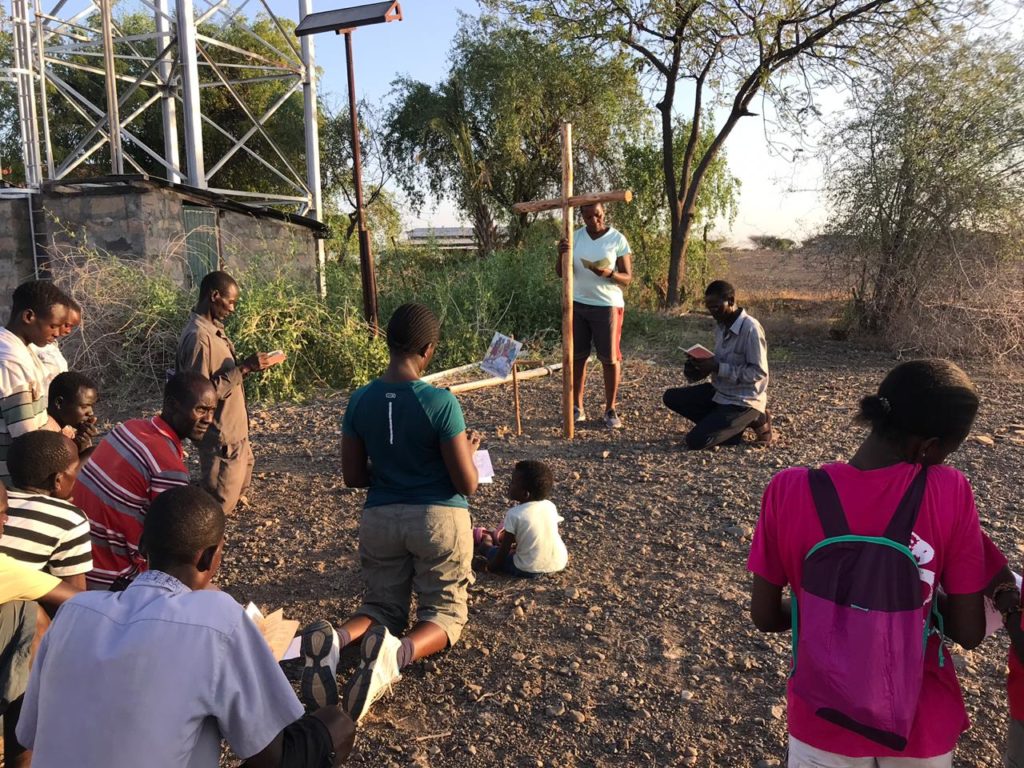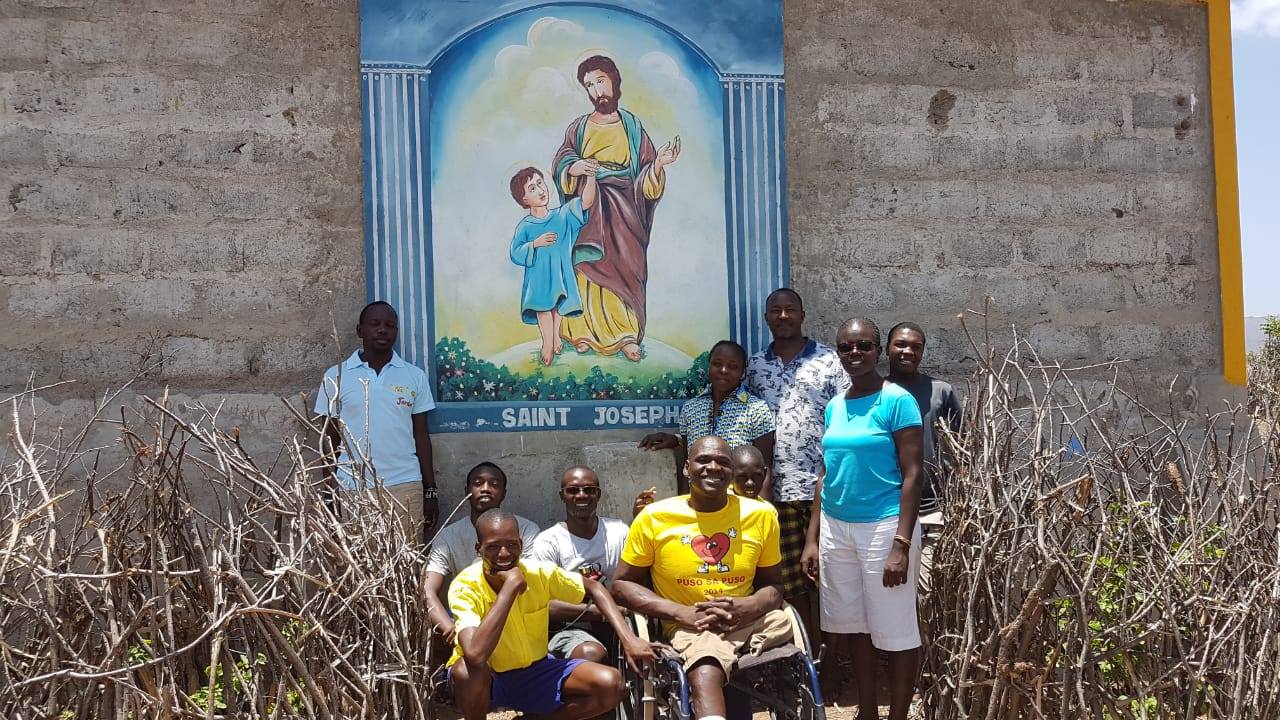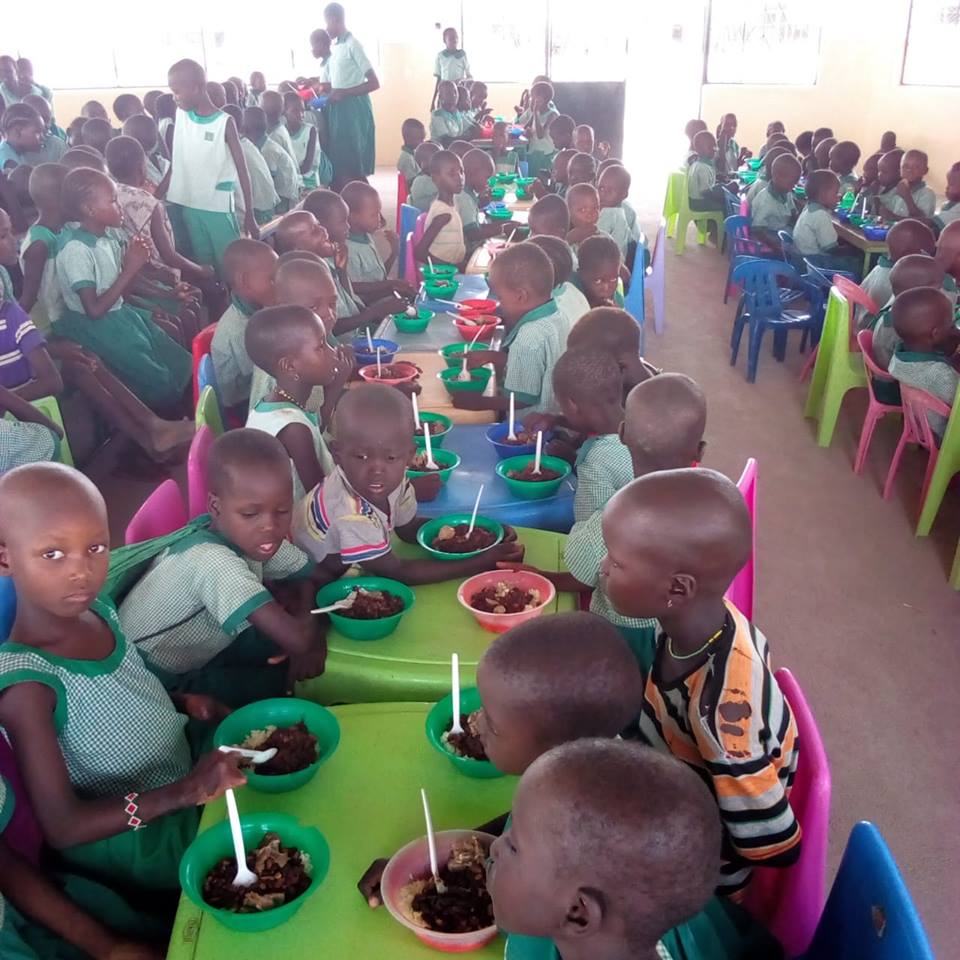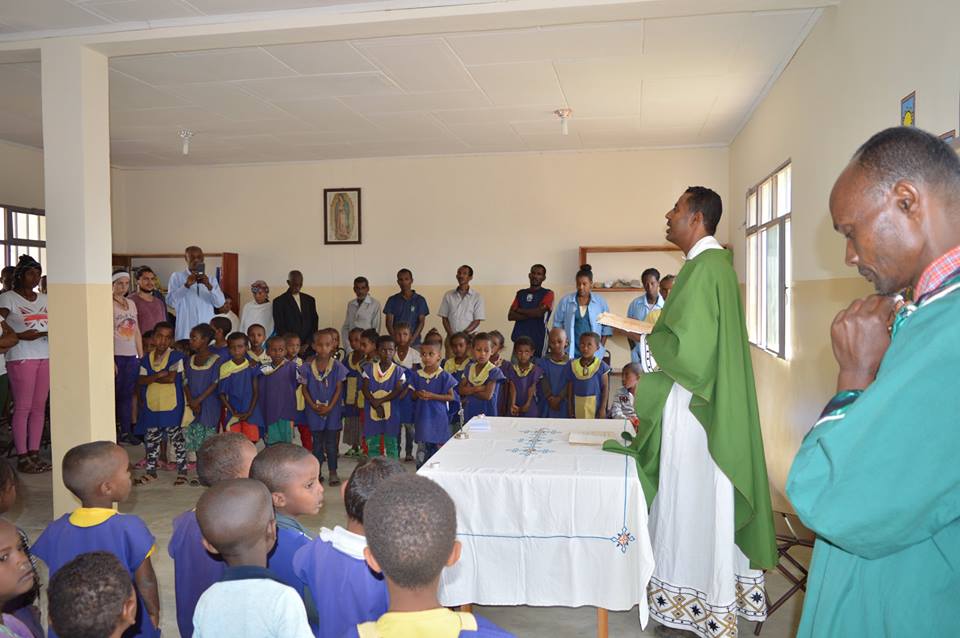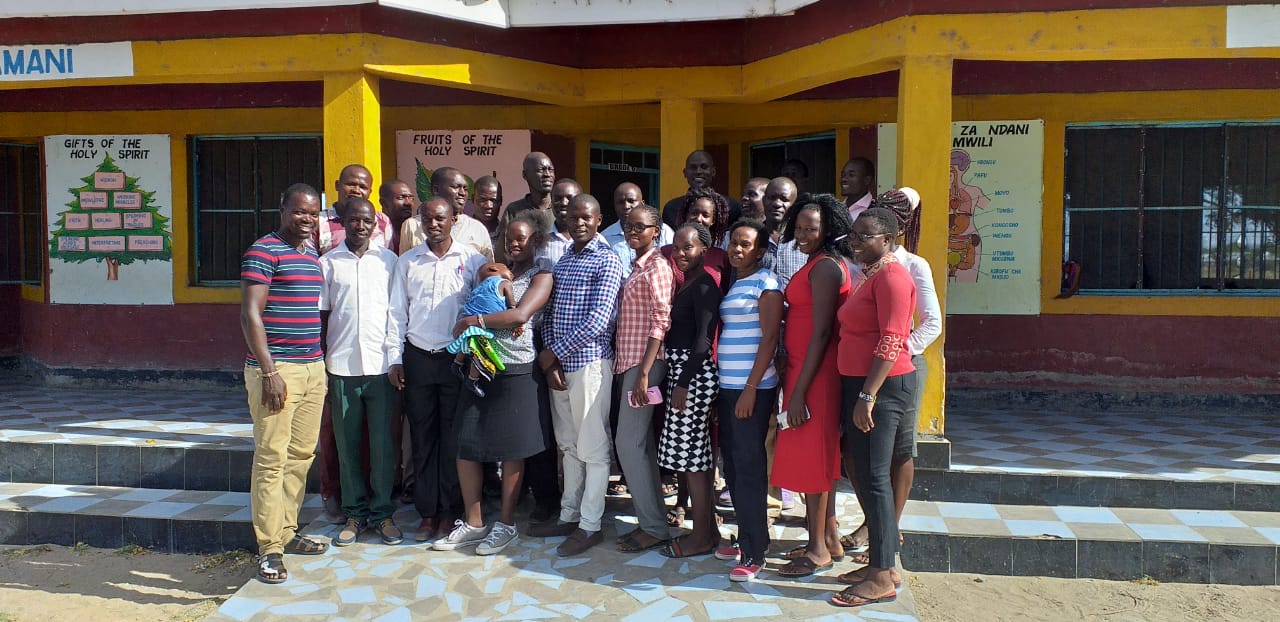
Improving Educational Skills by Sharing Experiences
23 May 2019 Posted by angel education, General News, Mission, News 0 thoughts on “Improving Educational Skills by Sharing Experiences”Missionaries from Kokuselei and Teachers from the public and private pre-primary and primary schools of Riokomor and Kokuselei enjoyed recently an exposure trip to Our Lady Queen of Peace Integrated Centre in Todonyang. They learned from the educational work that both teachers and children are carrying out at the border. Especially the dedication and commitment they put.
We thank the entire team of teachers from the mission school and our MCSPA missionaries in this place for their warm welcome.
There are many teachers with a lot of talent teaching in Turkana, who contribute a great deal to improve the situation of the vulnerable children where they work. We hope to continue sharing more experiences such as this to grow together and make quality education possible in Turkana.
Diana Trompetero, MCSPA
